Wellbeing
Ms Deb Haddow
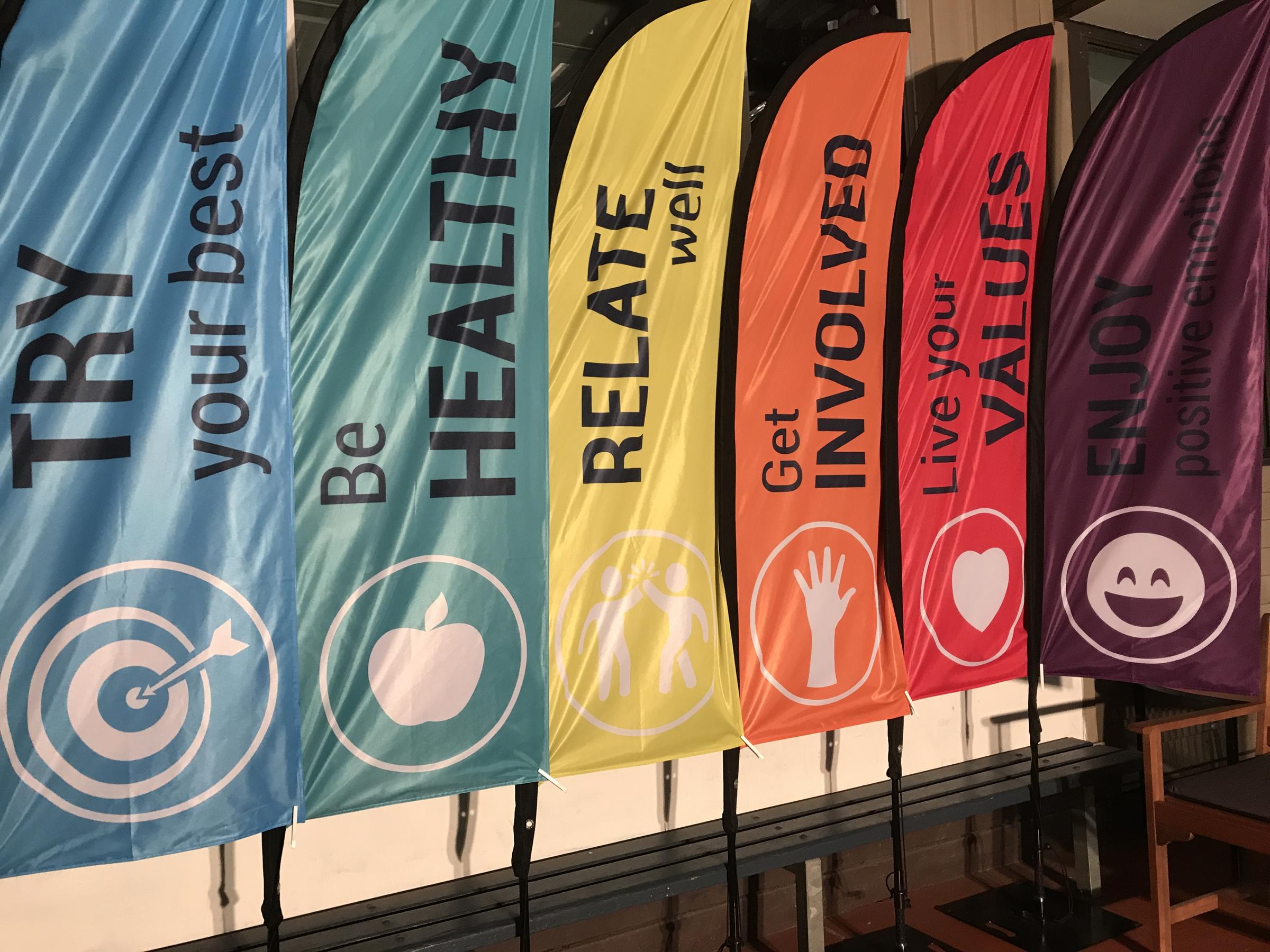
Wellbeing
Ms Deb Haddow
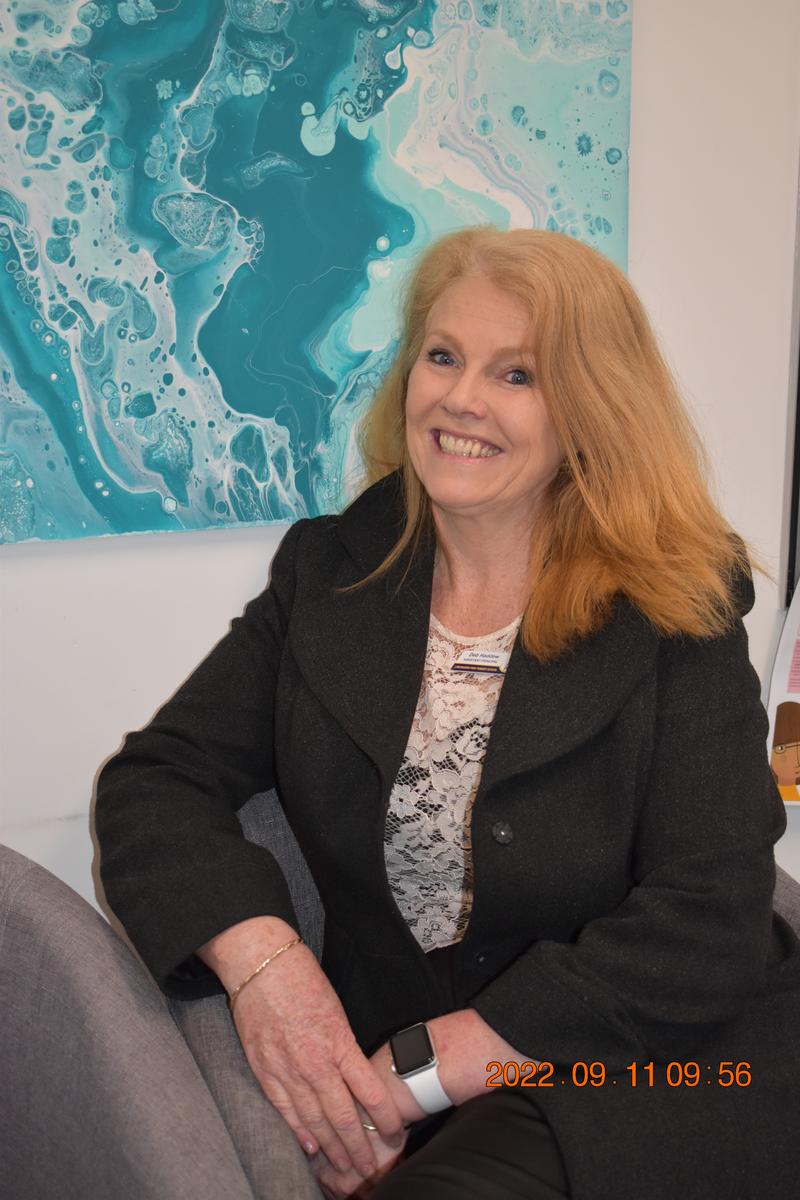

BREAKFAST CLUB: MONDAY, WEDNESDAY & FRIDAY
This term we continue our popular Breakfast Club program in the space at the side of the music room. This is a grab and go service offering fruit, milk, packets of cereal and now....toast!
The program operates from 8.35am—8.50am Monday, Wednesday and Friday—yes, just 15 minutes, but enough time to grab and eat on the way to class. Ms Naomi McMaster organises the program. We would love to have the help of some more volunteers, especially now that we will be cooking toast. If you think you could help to cook toast for 15 minutes on any of the mornings, please email me (debraanne.haddow@education.vic.gov.au ). You would just need to have your Working With Children Check and complete the Child Safe Training—as every volunteer does. Please let us know if you’d like to join our team.
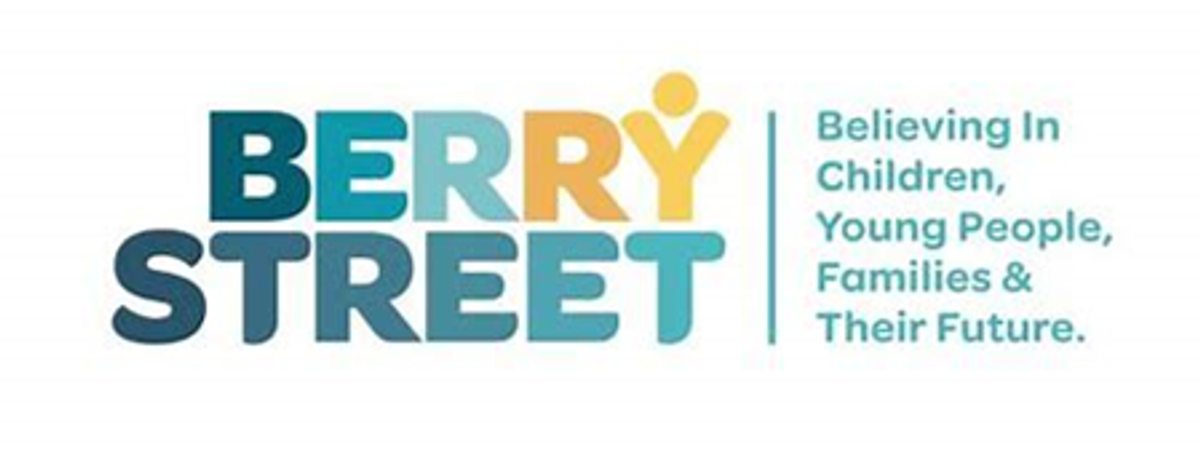

Teachers completed our 4th and final day of training on the Berry St Education Model on our last Curriculum Day.
Each day had an intensive focus on how we can better support students. We’ve learned how to help them recognise stress in their bodies, and how to help them get ready to learn. Day 2 was focussed on building positive relationships, maintaining positive focussed classrooms and having a consistent whole school approach. Day 3 was based on Stamina involving sustained effort, perseverance and resilience. Nurturing stamina is building the muscles of learning, one repetition, and one day at a time. Stamina for students concerns four specific focus areas: growth mindset, emotional intelligence, resilience, stamina for independent learning. Day 4 was about Character including Hope Theory and having Restorative Conversations.
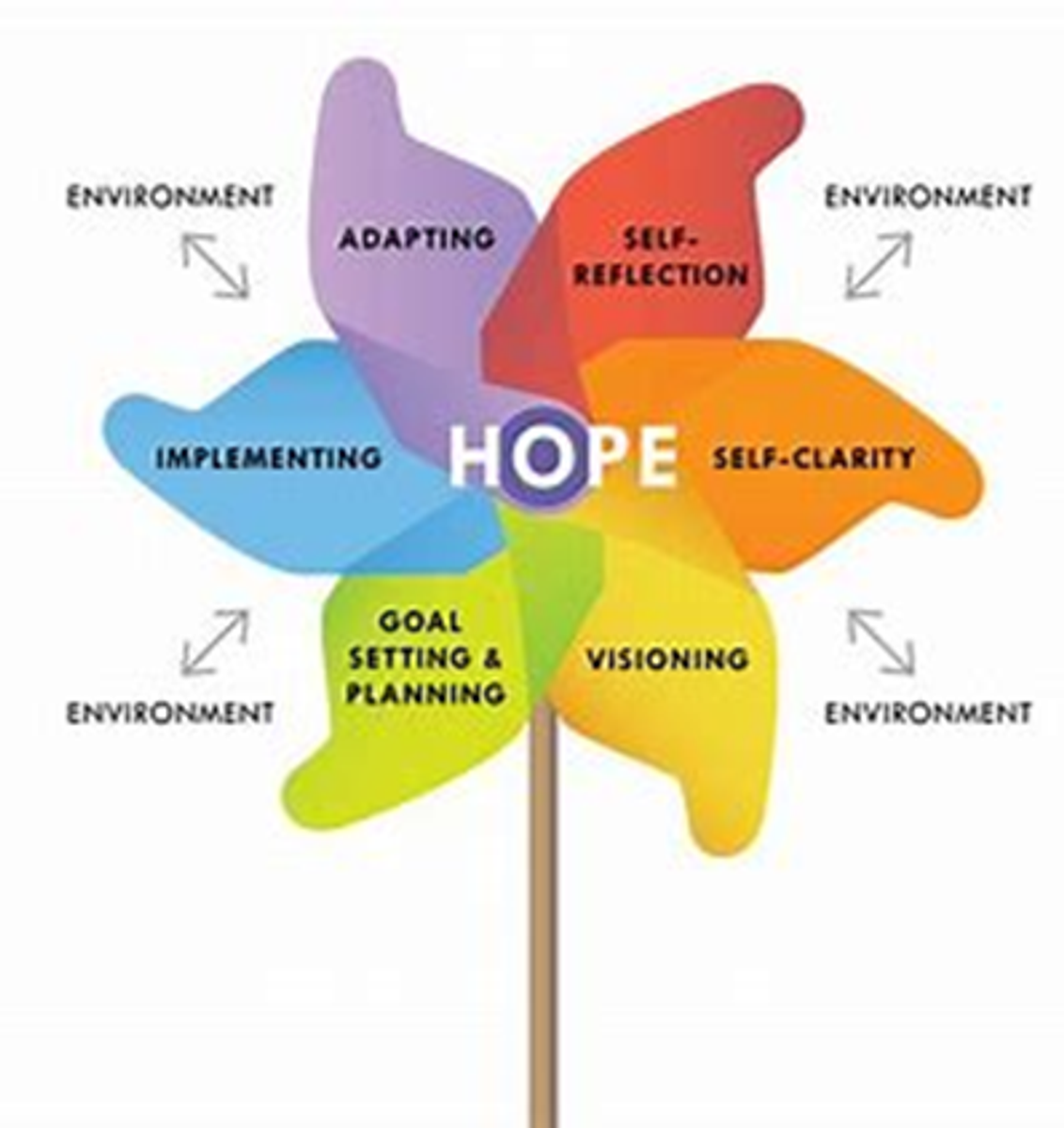

Here's something to try when you are setting a goal. Make 2 parallel lines. Place a zero at one end of each and a 10 at the other. The first line is your line of hope. Where are you currently at? Your second line, is your line of reality. Where are you with that? What will it take to get you one step further along?...two steps further along…etc
The Hope Theory allows us to think about alternative pathways to a goal. Thus is our first pathway doesn’t work, we do not despair and give up—we simply try another pathway. We need to make the goals concrete, understandable and be broken into steps so we can see growth. Discussion around the benefits of doing the goal or not doing it are helpful.
RESTORATIVE CONVERSATIONS
Students are growing their emotional intelligence daily and learning how to navigate social situations. It’s helpful to have a specific process to teach them how to understand a problem, and also how to restore it. Our reactions are usually based on our values—so it’s worth understanding what your values are—for yourself, your family, your school. We will develop our scripts further but they will include:
-noticing a persons strengths, discussing their core values, discussing if they were acting in accordance with their values or not. The discussion will lead to what happened and what needs to happen to restore the relationship. How did the other person feel? What would be a fair consequence? Thus we are coaching students to recognise their actions, their effect on others and ways to repair relationships.


We have spent two years completing Berry Street Education Training. It will take 4-6 years to implement all of the strategies. The Wellbeing team is creating an action plan to achieve that. We can already see the benefits of the training in happening in classrooms and across our school and look forward to developing more strategies within LPPS.
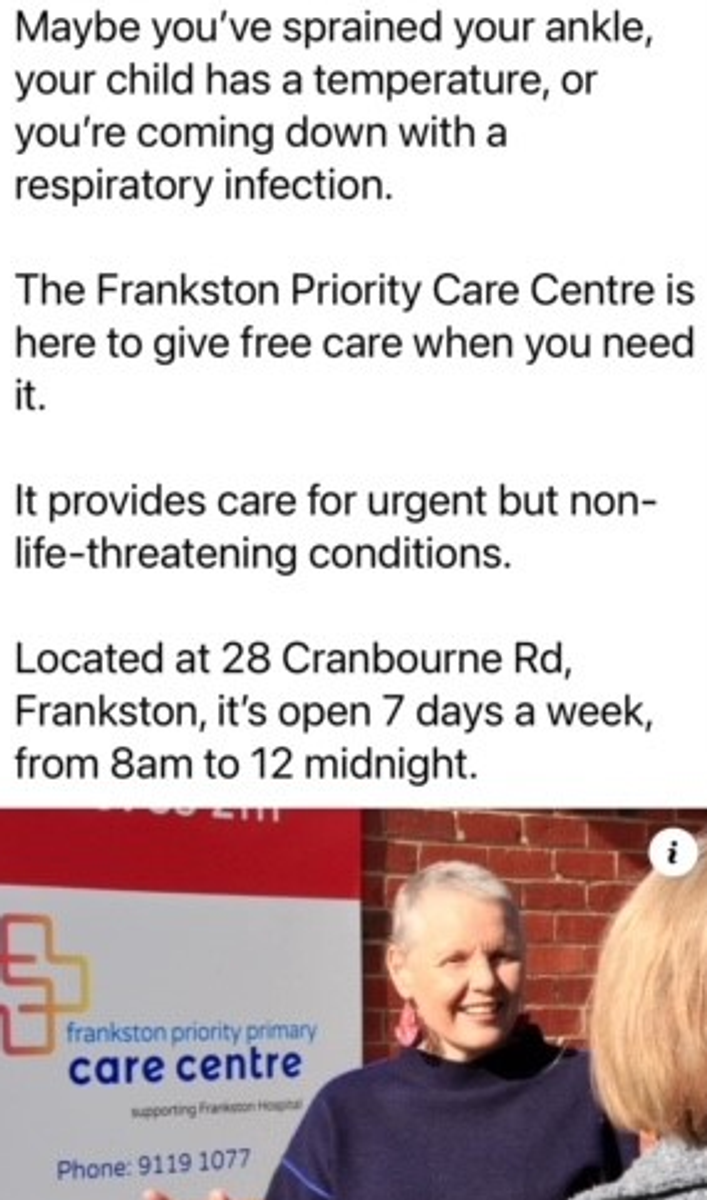



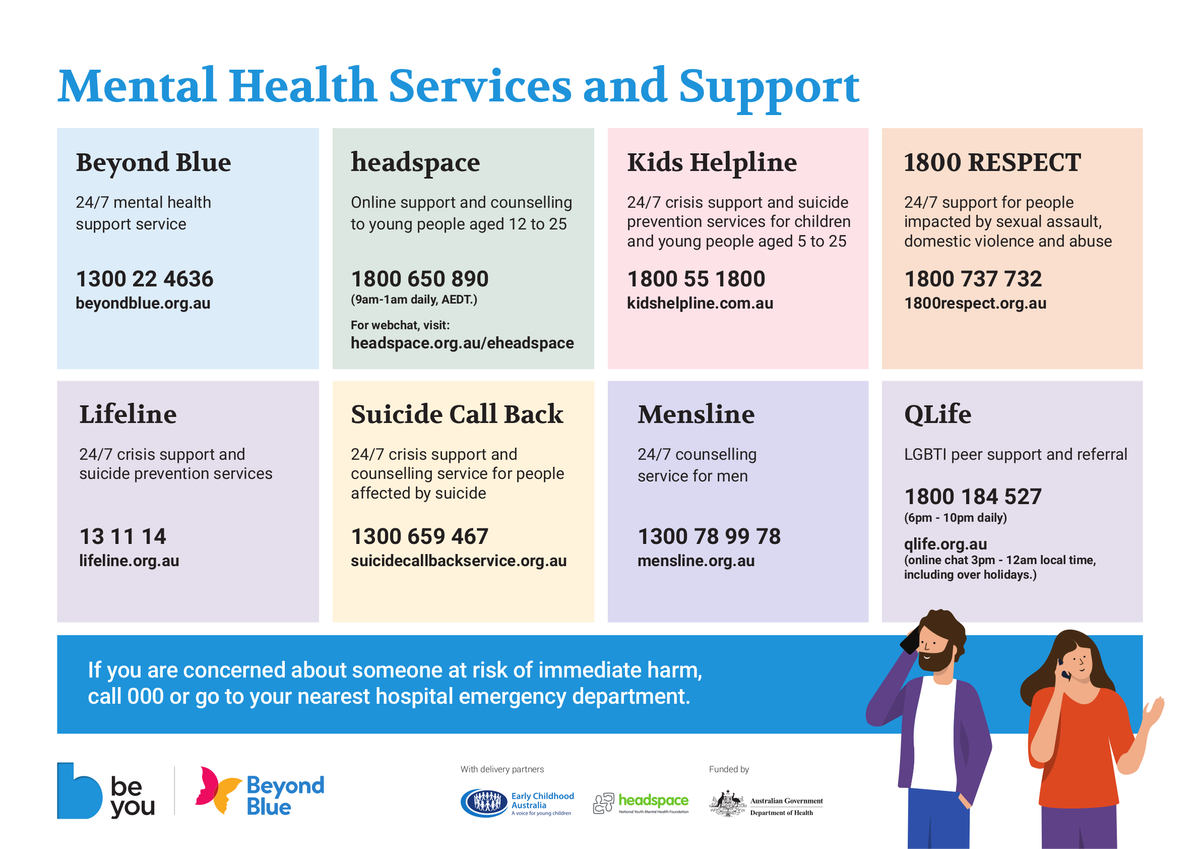

I have come across a few more contacts which might be helpful to our community members. So we’ll continue to build this resource for you.
Families needing food or support:
Deb Haddow